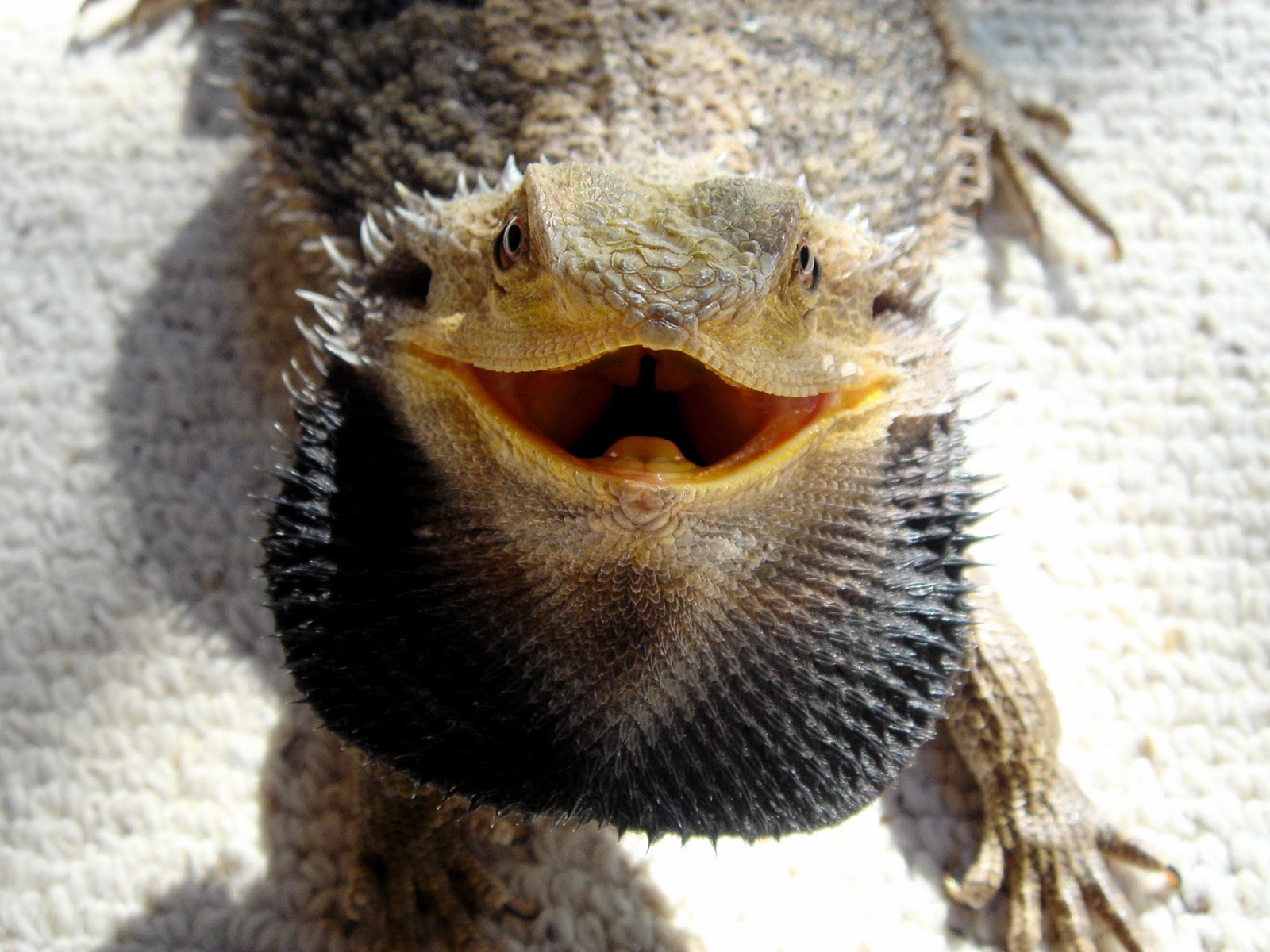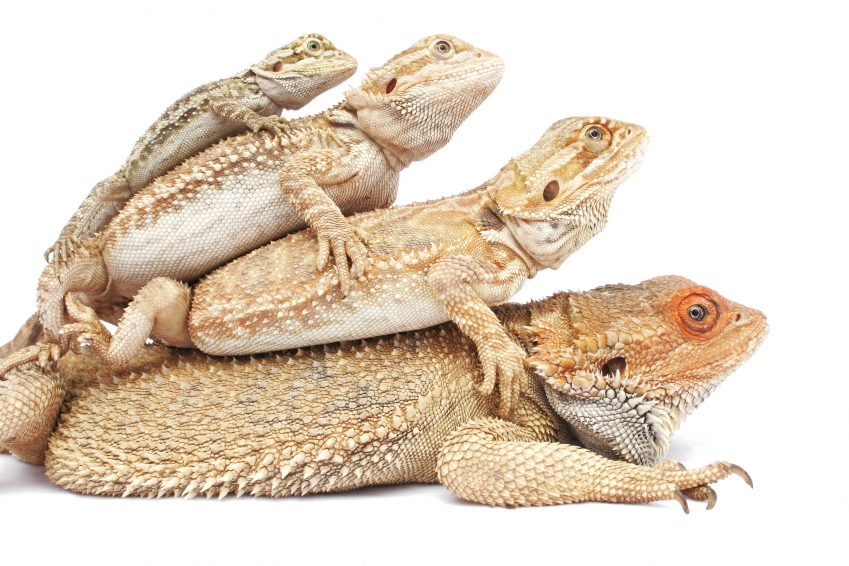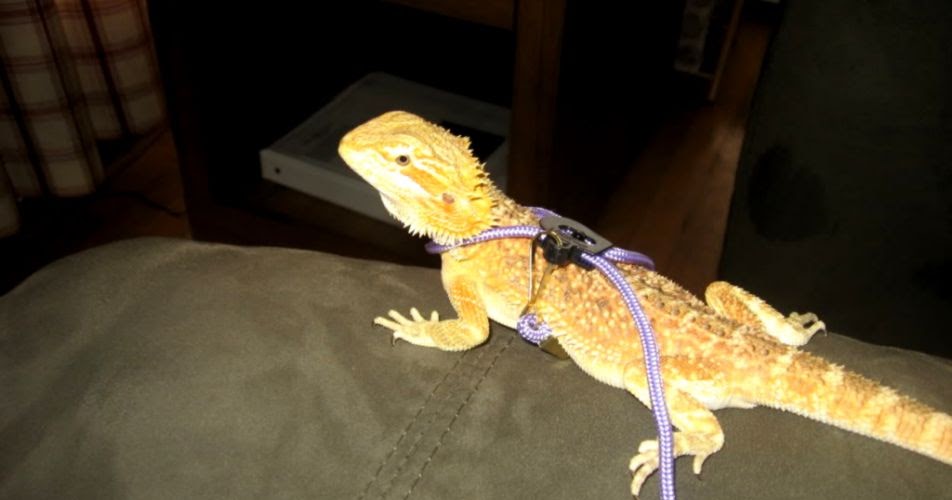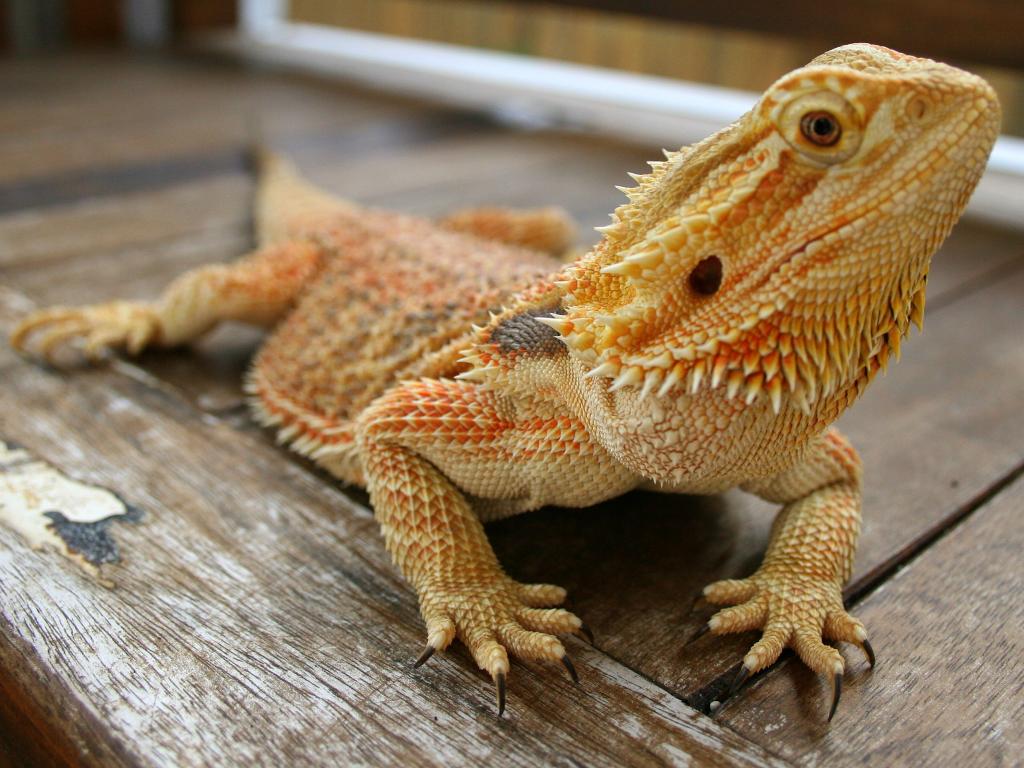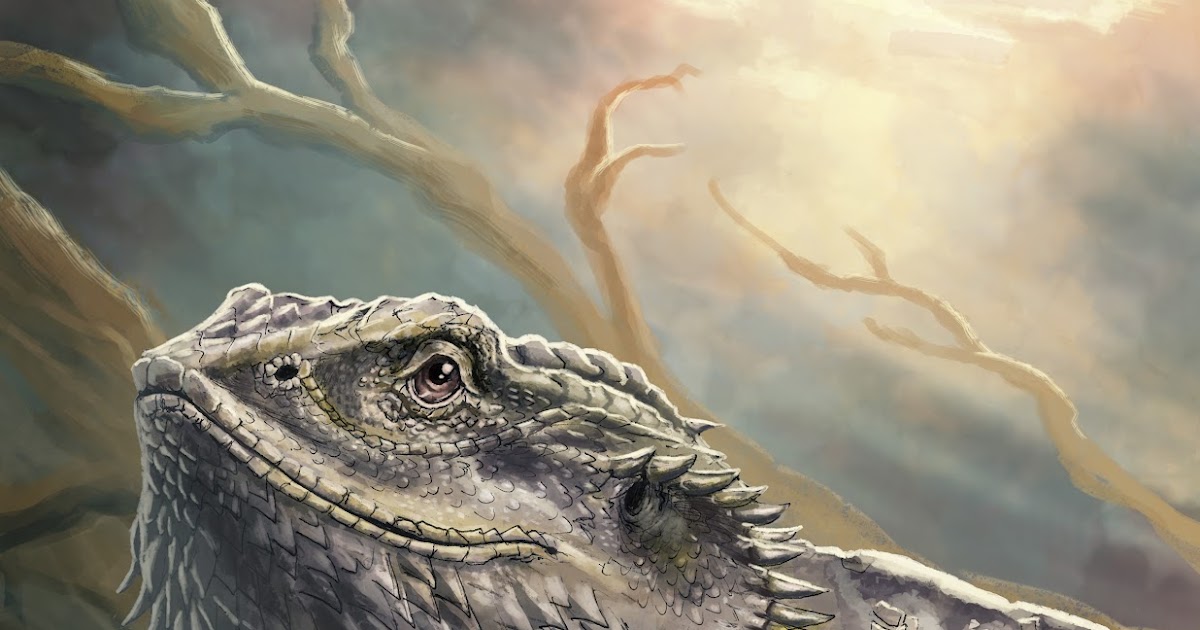The Fattest Bearded Dragon: How to Keep Your Pet Healthy
Introduction
Bearded dragons are one of the most popular pets around the world, and for a good reason. They are easy to care for, friendly, and interesting to observe. However, when not taken care of properly, they can become overweight, sluggish and suffer from health problems just like humans.
In this blog post, we will be discussing the problem of overweight bearded dragons, commonly referred to as the fattest bearded dragon. We will explore the reasons for their weight issues, the health problems they may face, and how to help your pet maintain a healthy weight through diet, exercise and other healthy habits.
Reasons for overweight bearded dragons
There are many reasons why bearded dragons can become overweight. The primary cause is overfeeding, wherein the owner gives the bearded dragon too much food, often high-fat foods such as insects, fruit, and vegetables. Lack of exercise can also lead to weight gain, as can a lack of variety in their diet.
Another possible cause of weight gain in bearded dragons is inadequate habitat. A habitat that is too small, lacks adequate heat and lighting, and other environmental factors can contribute to a sedentary lifestyle, leading to weight gain.
Health Problems Associated with overweight bearded dragons
An overweight bearded dragon can suffer from several health problems, including reduced mobility and flexibility, difficulty regulating body temperature, and an increased risk of infections.
Bearded dragons that are overweight are also more likely to develop health issues such as fatty liver disease, which can be fatal. They may also experience respiratory or cardiovascular problems due to increased strain on their organs.
How to maintain healthy body weight for your bearded dragon
Maintaining a healthy weight for your bearded dragon is essential, just like humans. Here are some tips that can help you keep your pet in good shape:
1. Feed a balanced diet
Offering a balanced and varied diet is essential for your bearded dragon’s overall health. Incorporate a variety of high-quality foods, including insects, leafy greens, vegetables, and fruits. However, it is important to ensure that you don’t overfeed them, as this can lead to weight gain.
2. Provide adequate exercise
Captive bearded dragons do not have access to the same level of physical activity as their wild counterparts. To keep them healthy, provide ample space and opportunities for exercise, including climbing structures, basking spots, and outdoor time in a secure enclosure.
3. Maintain an optimal habitat
To keep your bearded dragon active, make sure their habitat is appropriately sized, has an adequate heat gradient, sufficient lighting, and a comfortable substrate.
4. Regular Veterinary Check-ups
Regular check-ups with your veterinarian can help identify health issues in their early stages that may have gone unnoticed. This can help you prevent health problems before they occur or become more severe.
Conclusion
It is essential to maintain a healthy weight and body size for your bearded dragon to avoid health problems. Regular exercise, a healthy diet and a safe and optimal environment are essential in keeping your bearded dragon healthy and happy.



